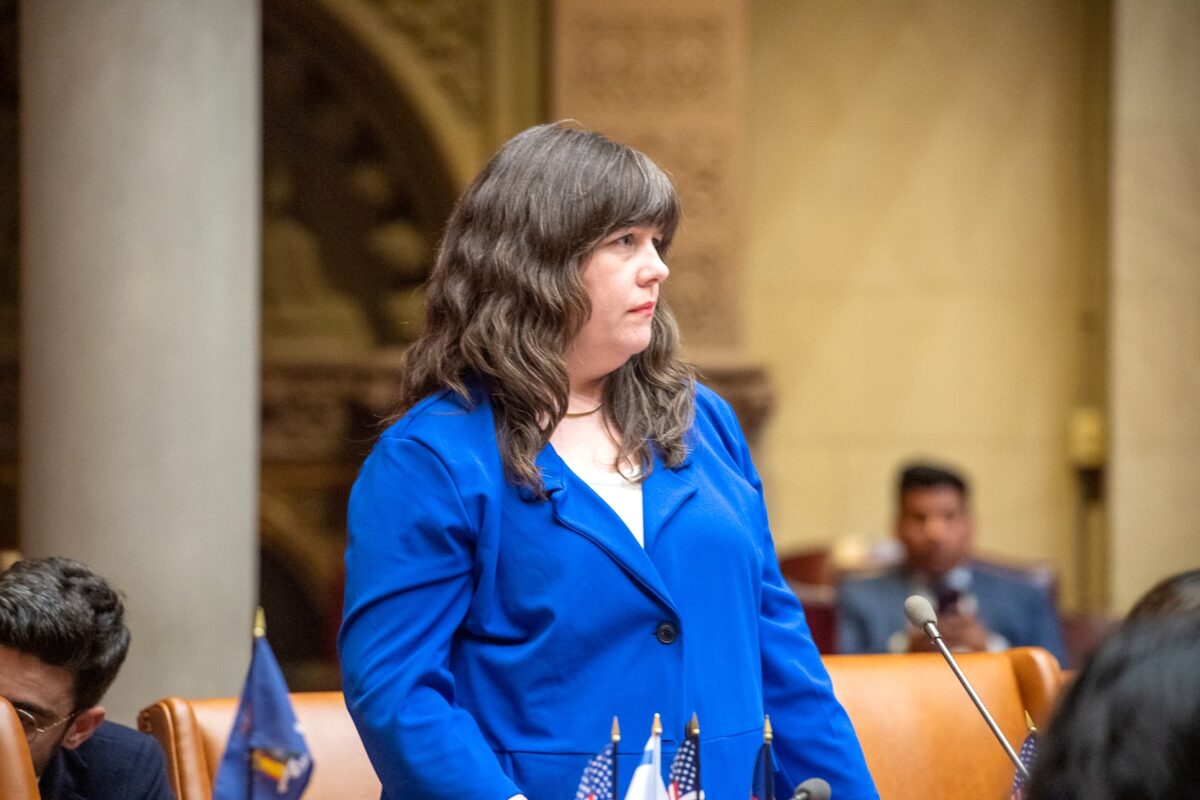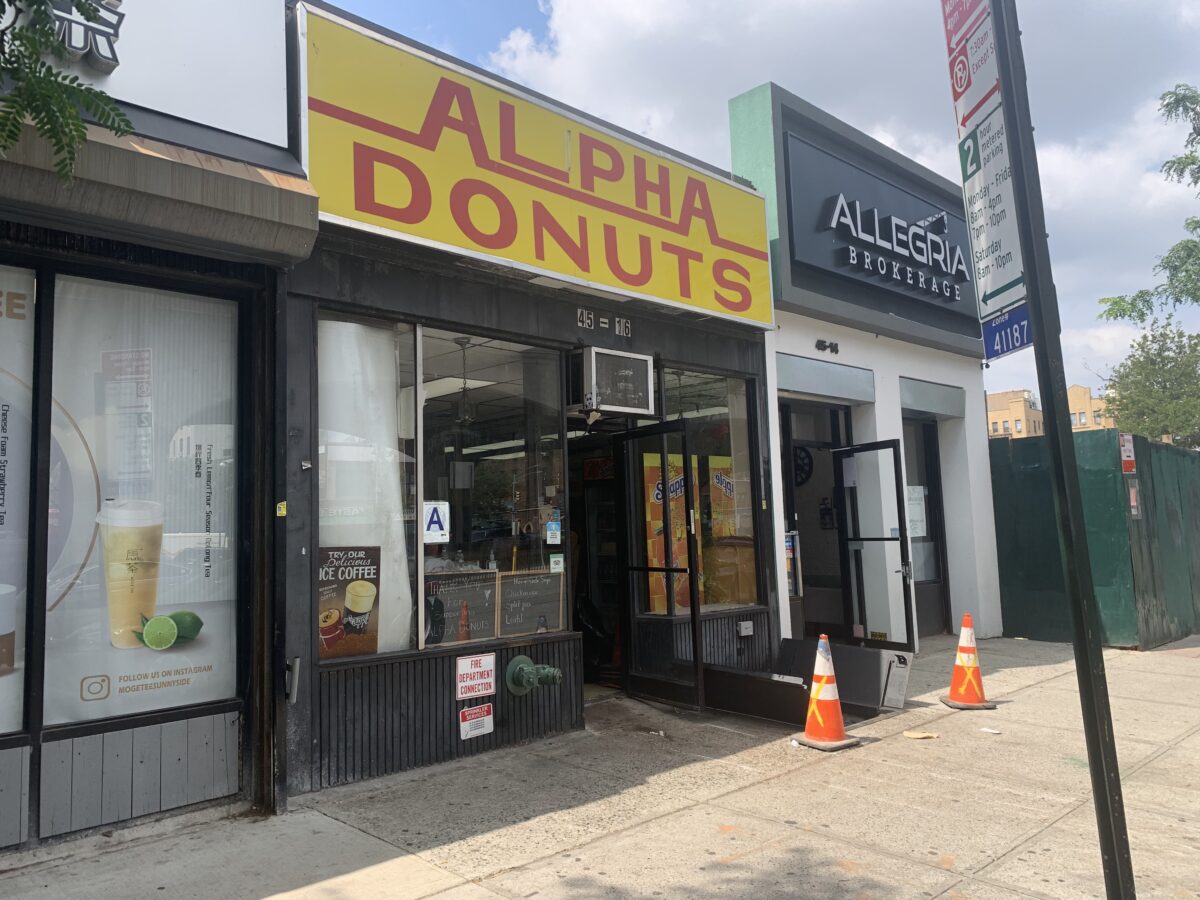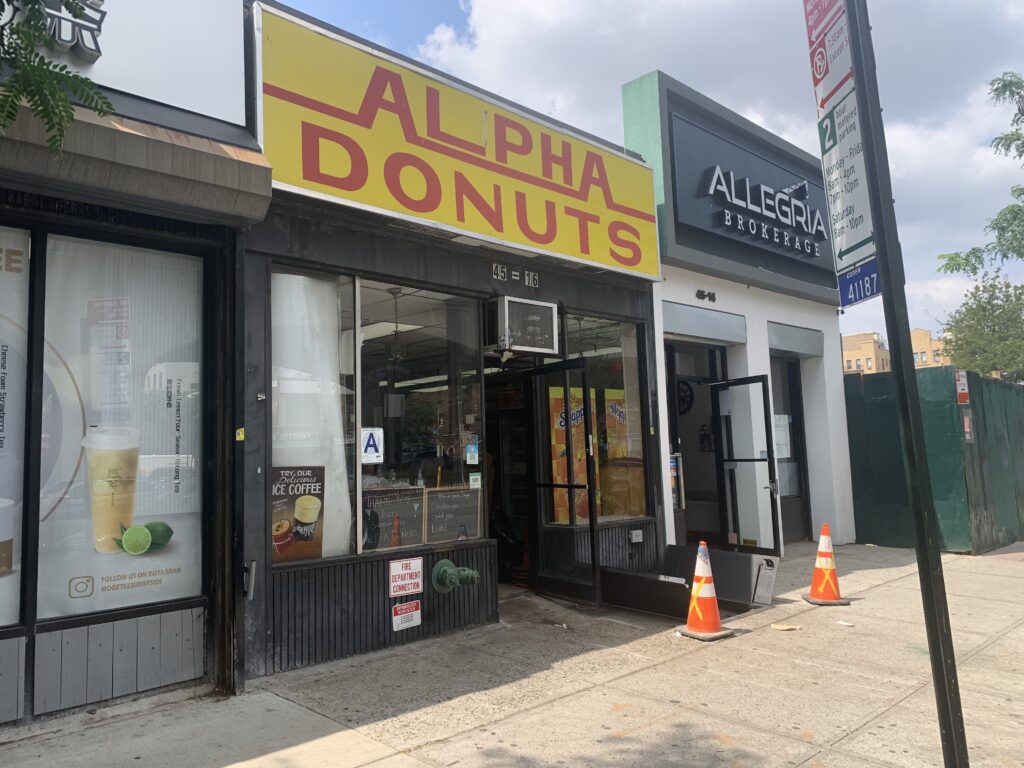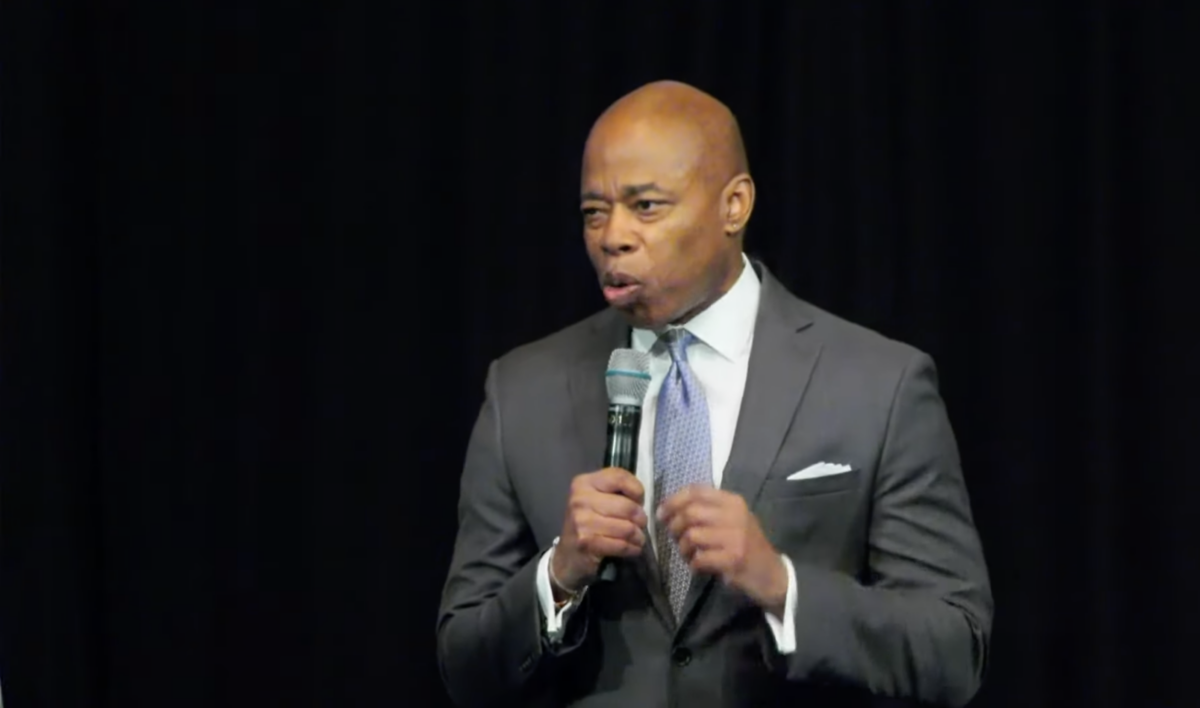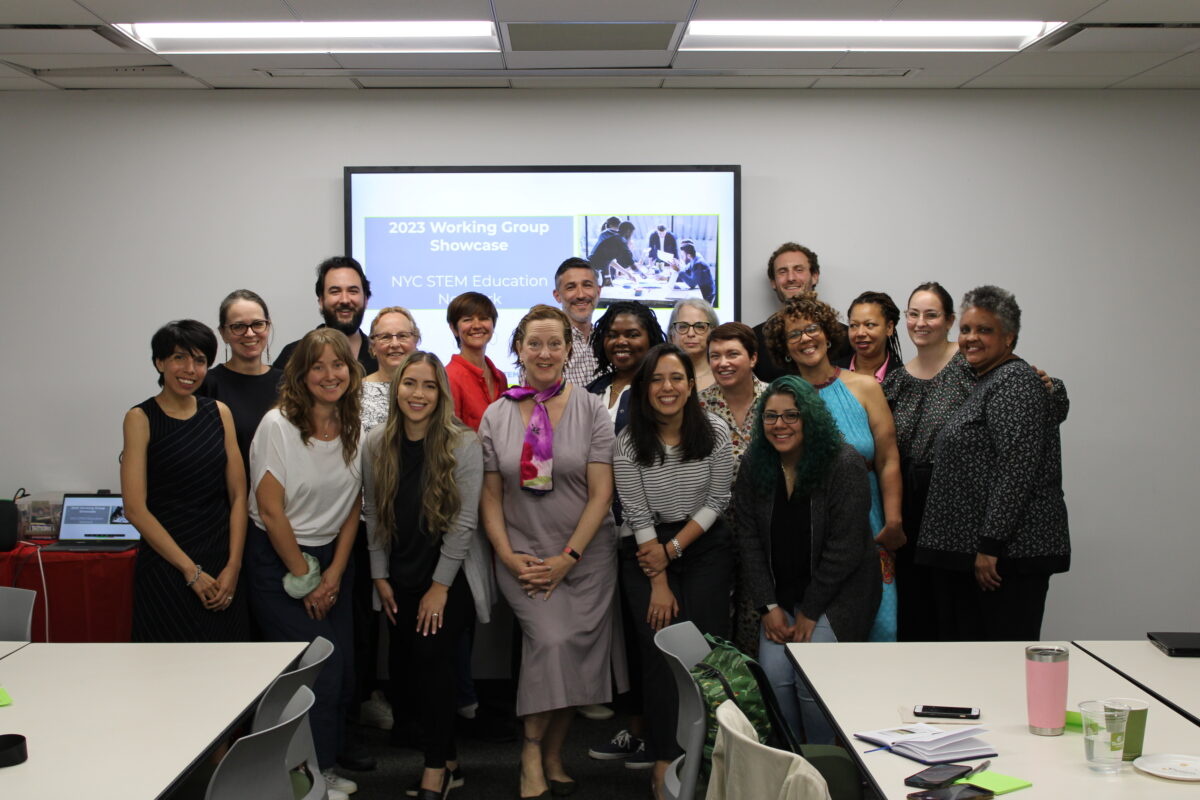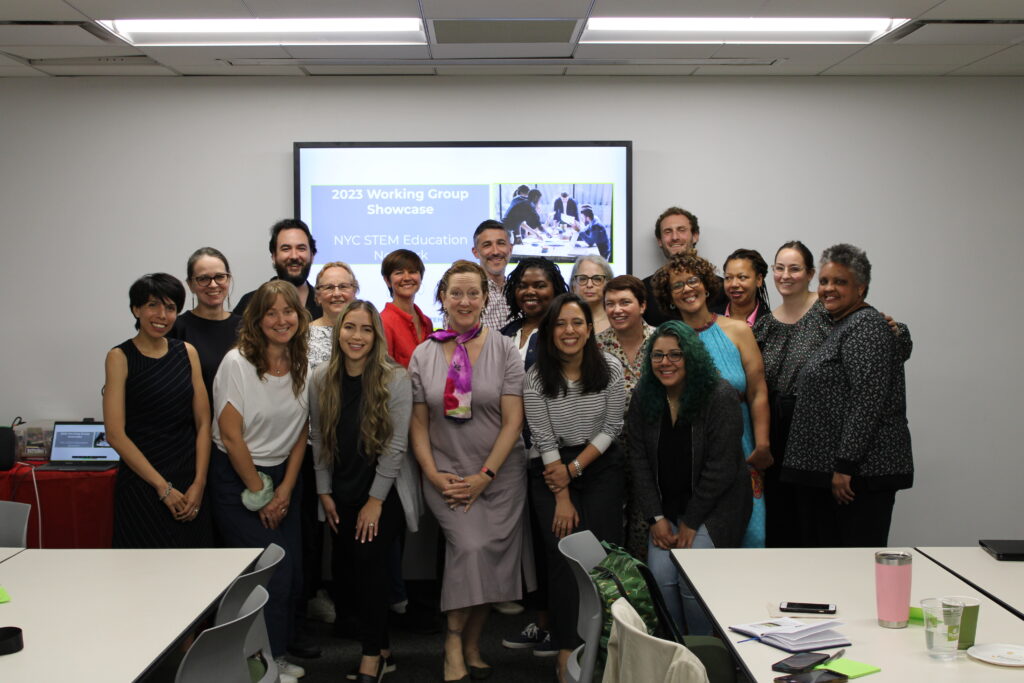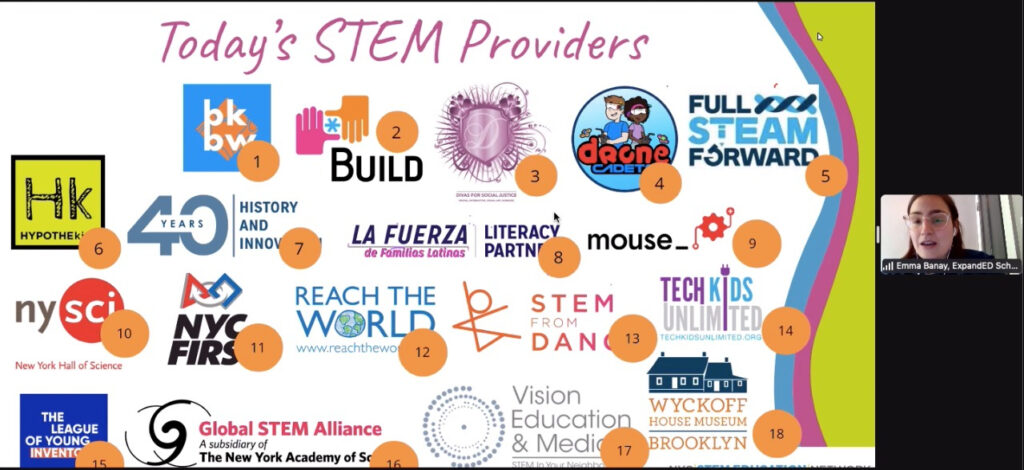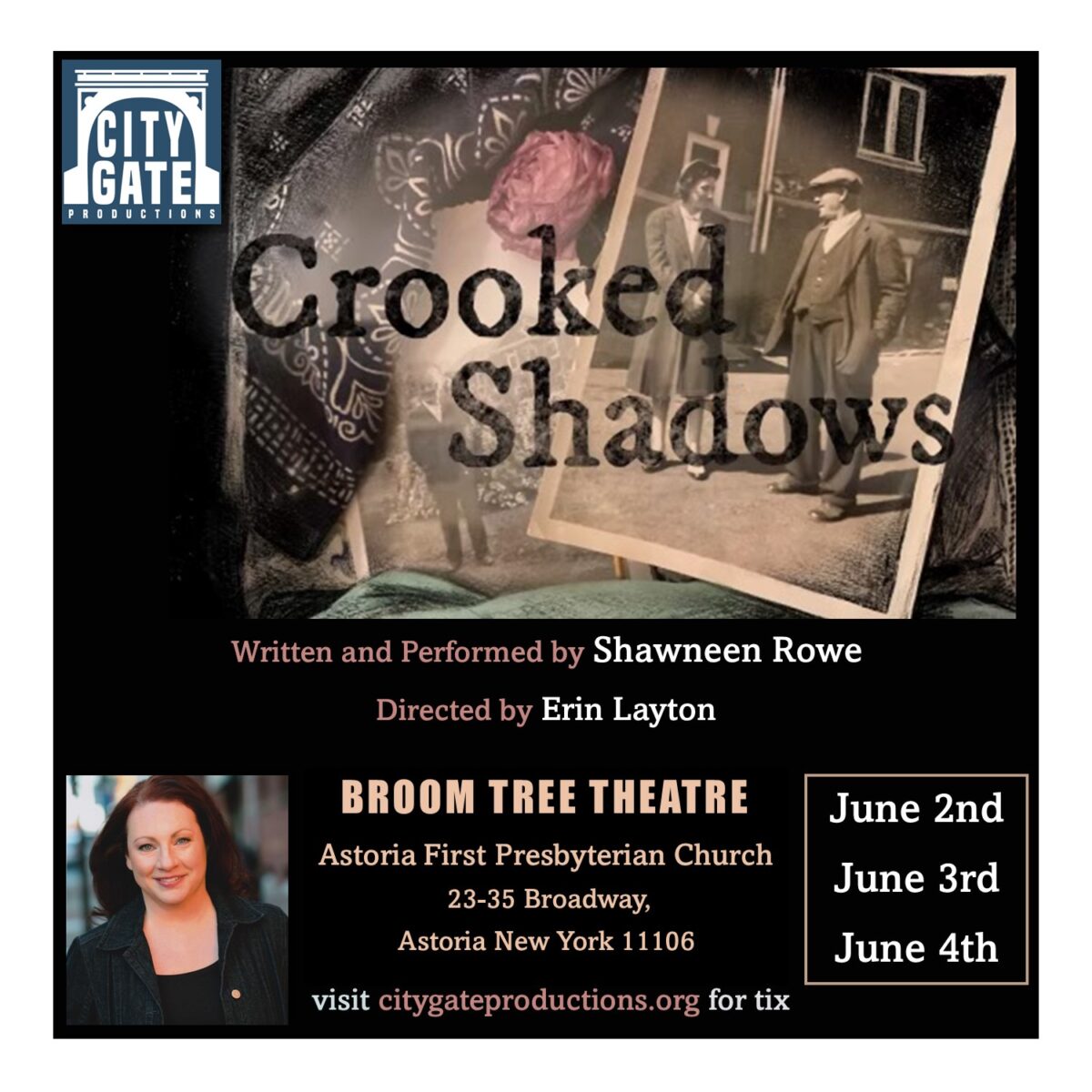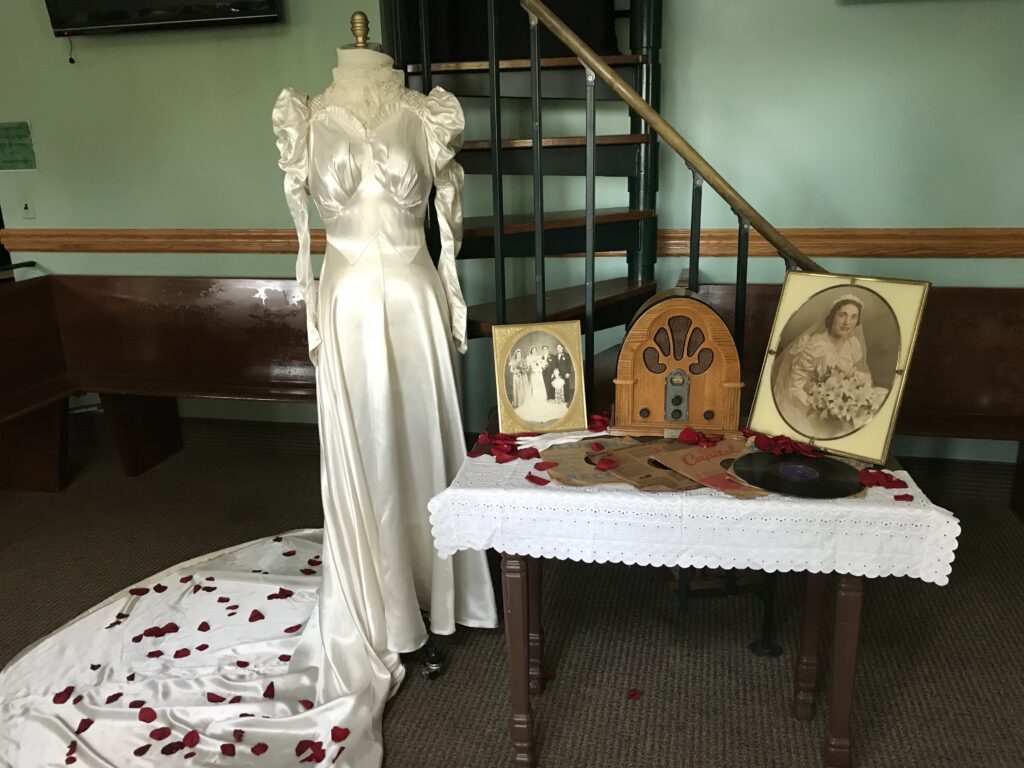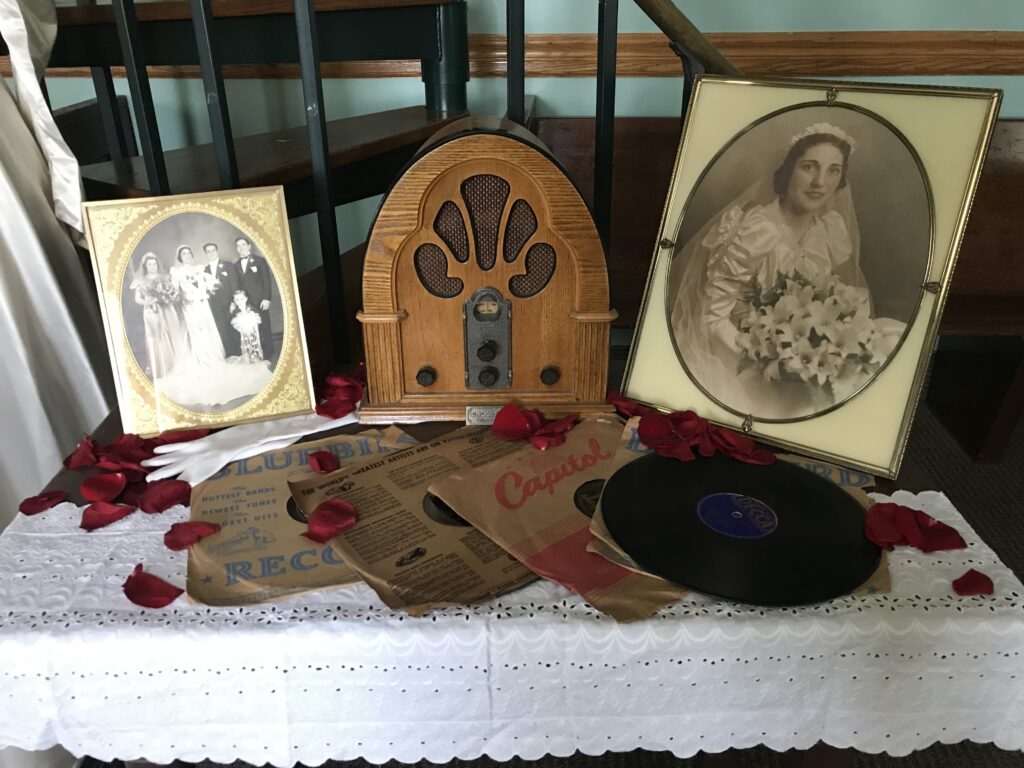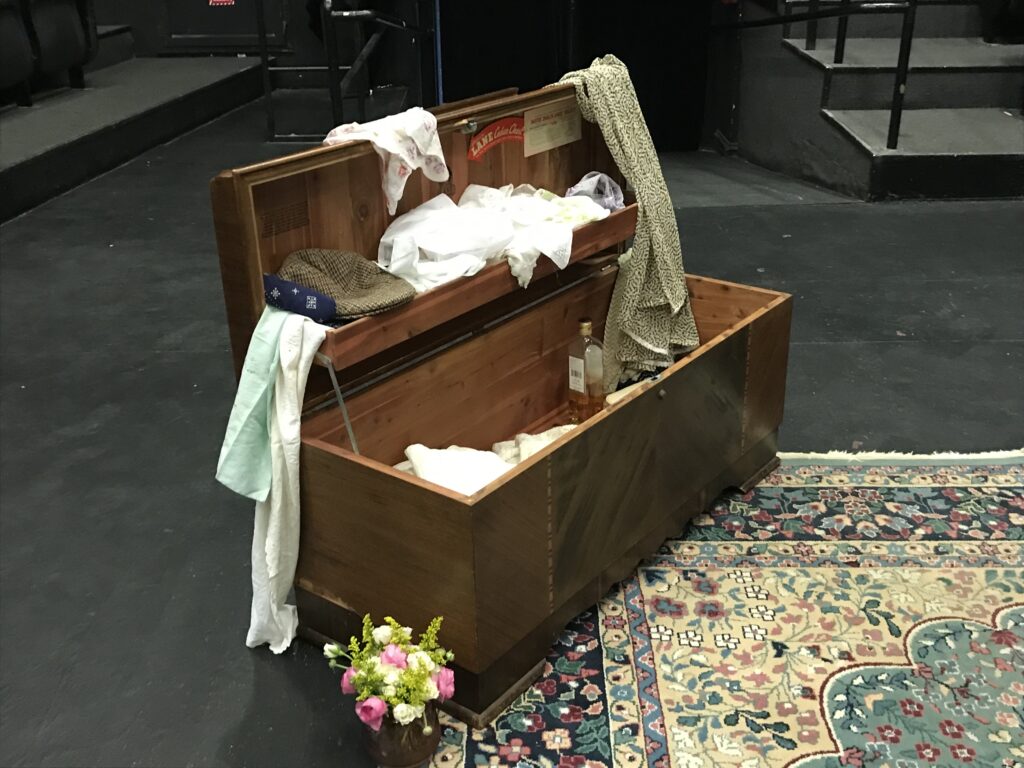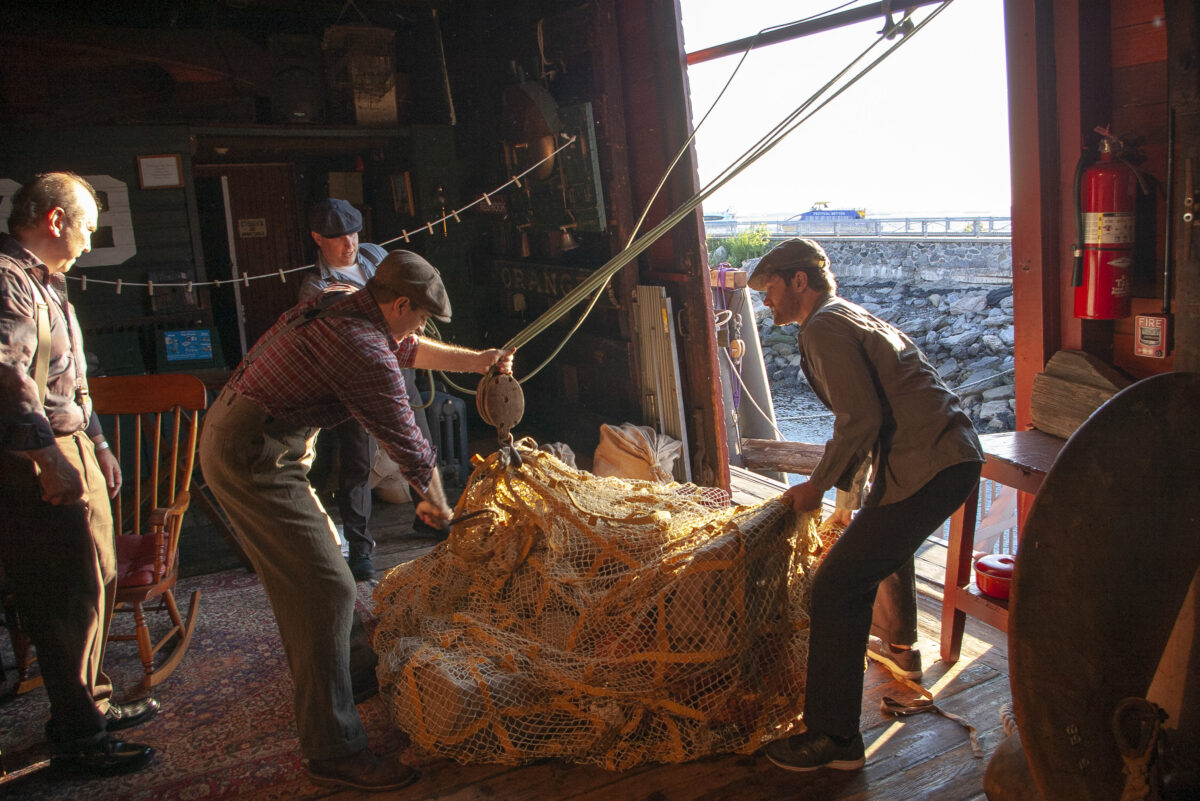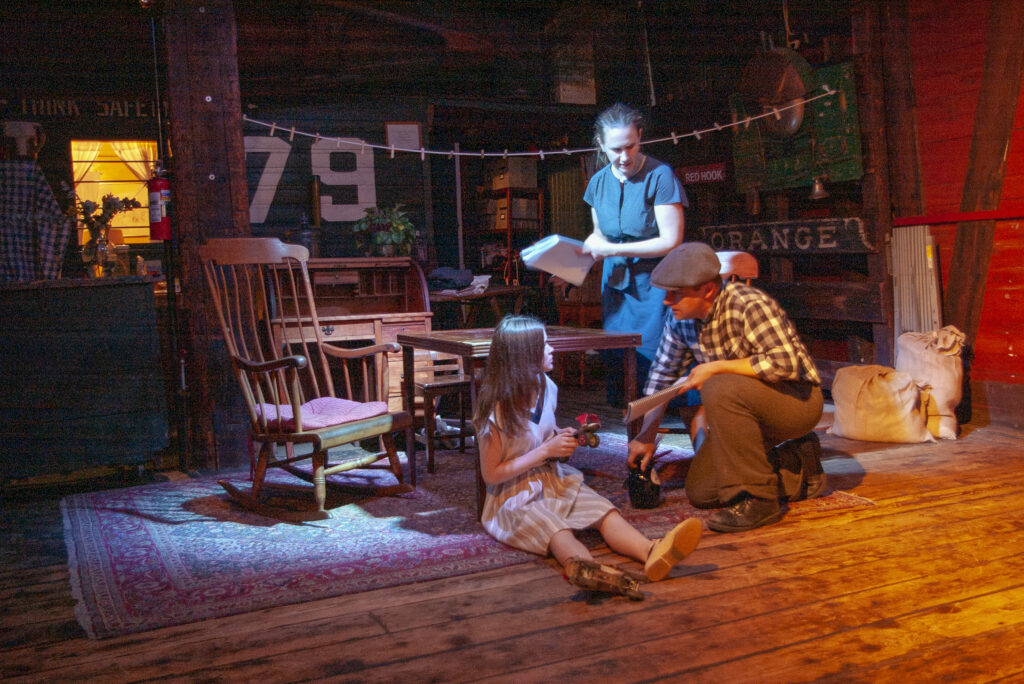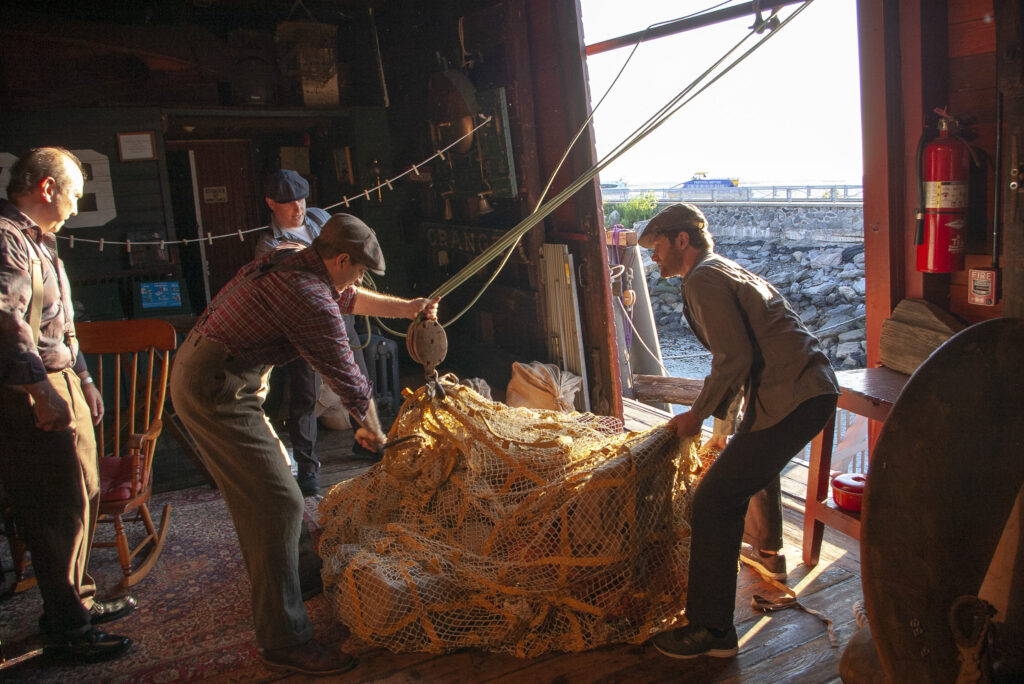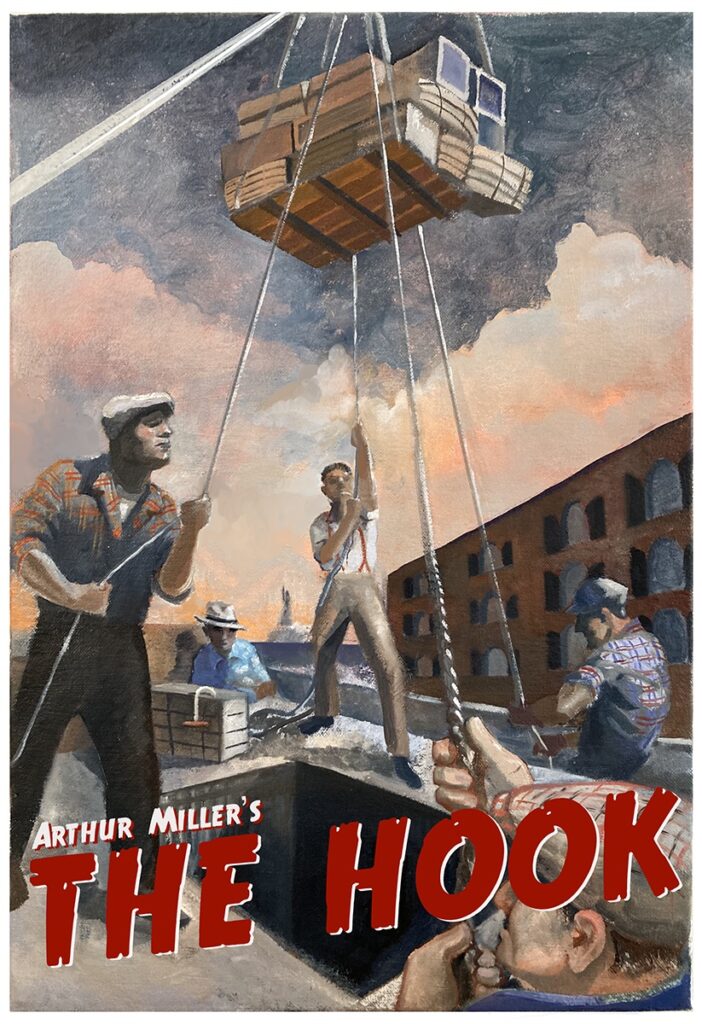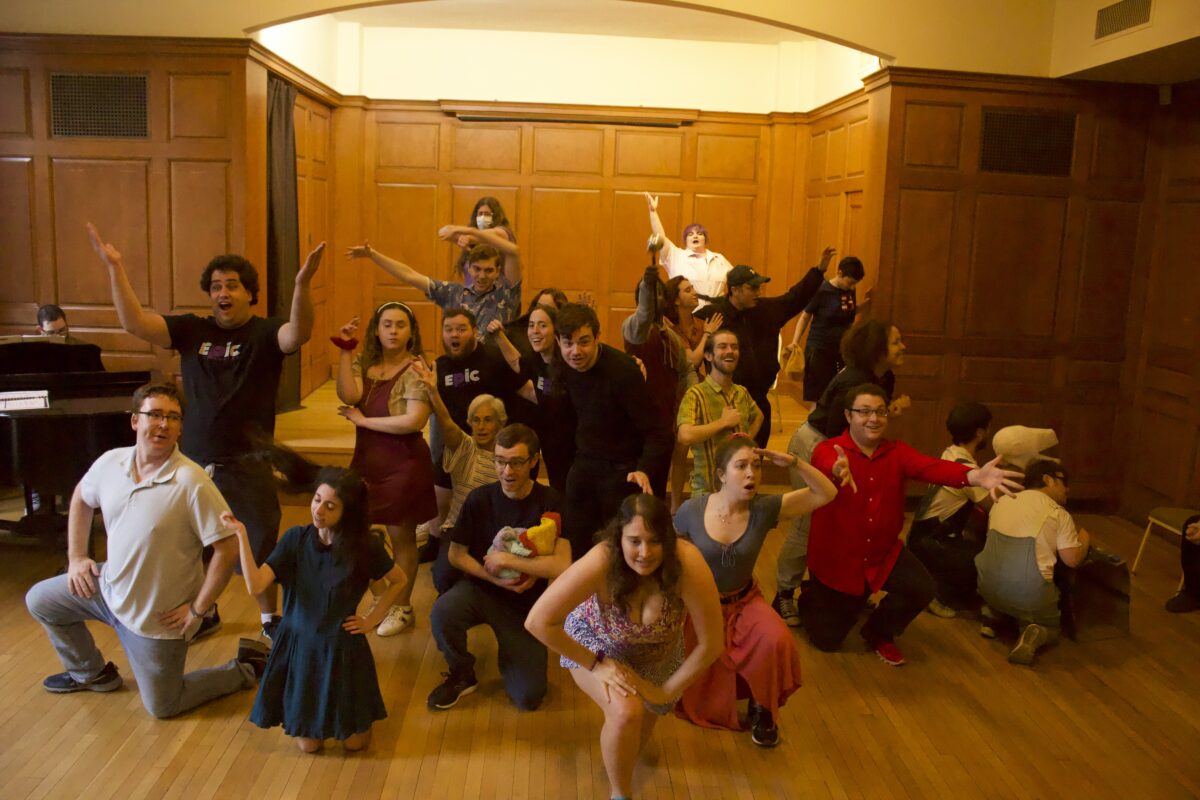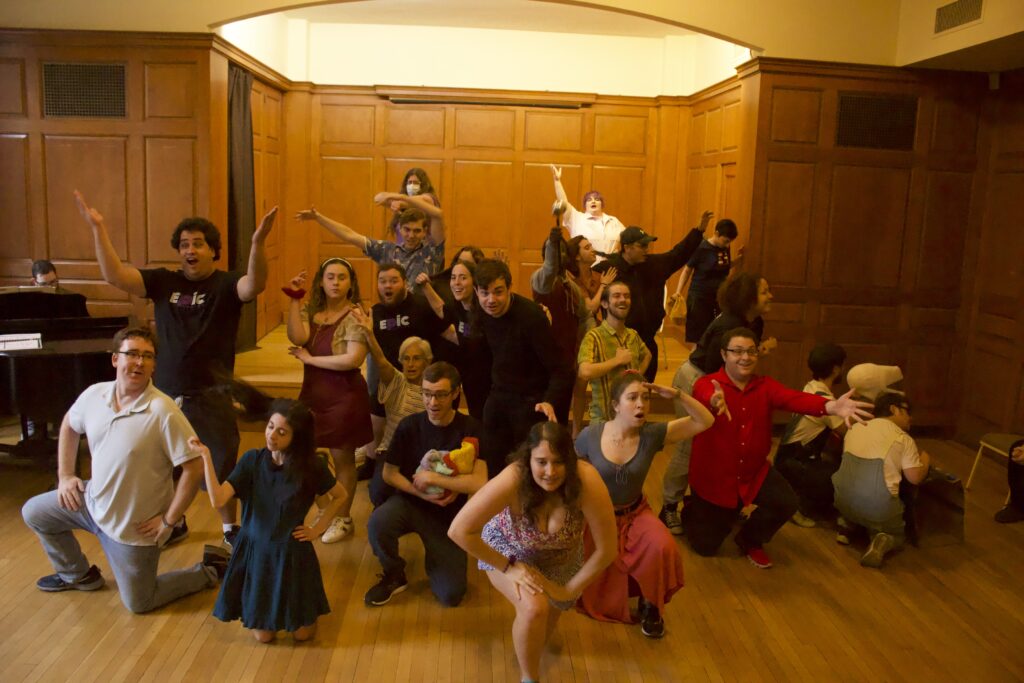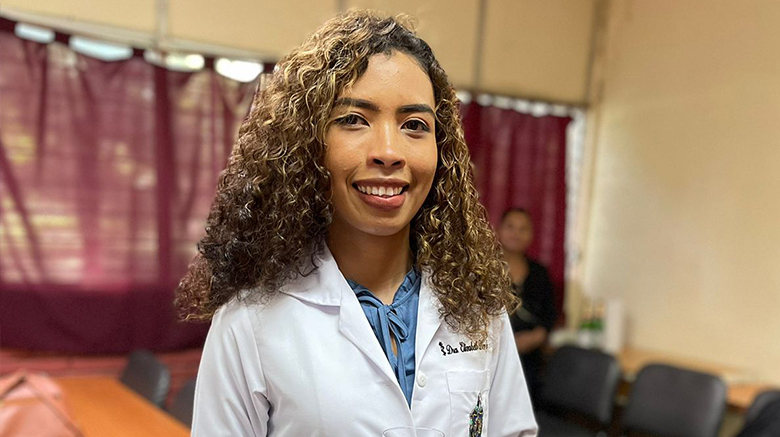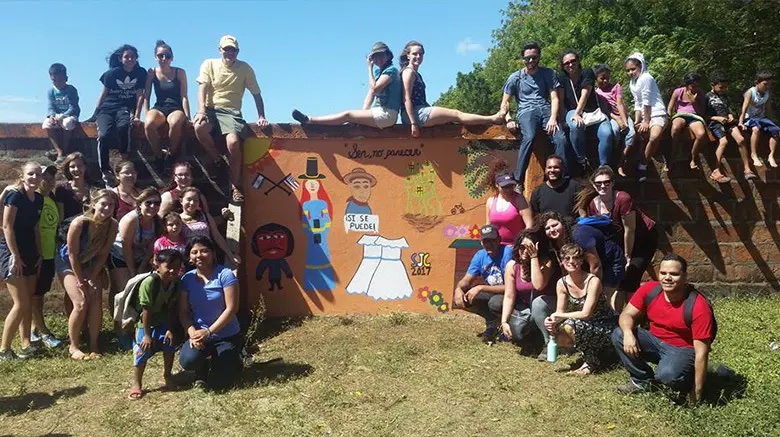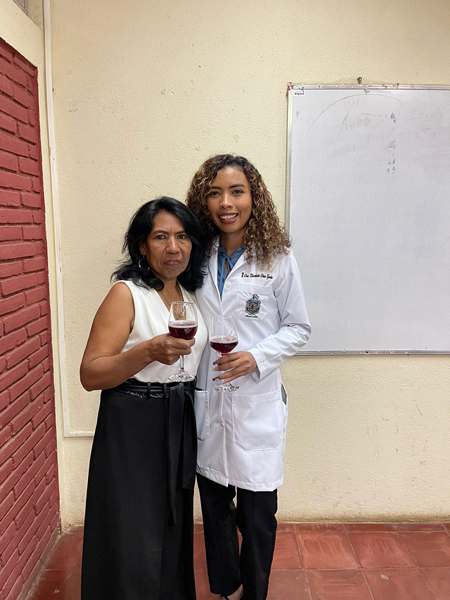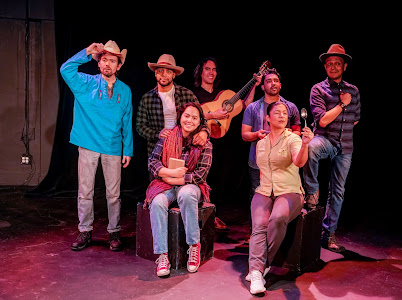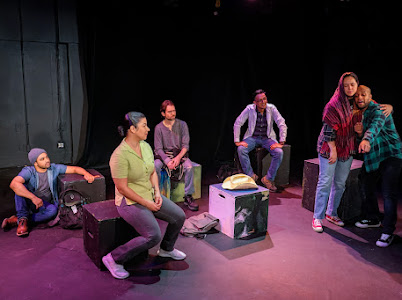What is the LLC Transparency Act?
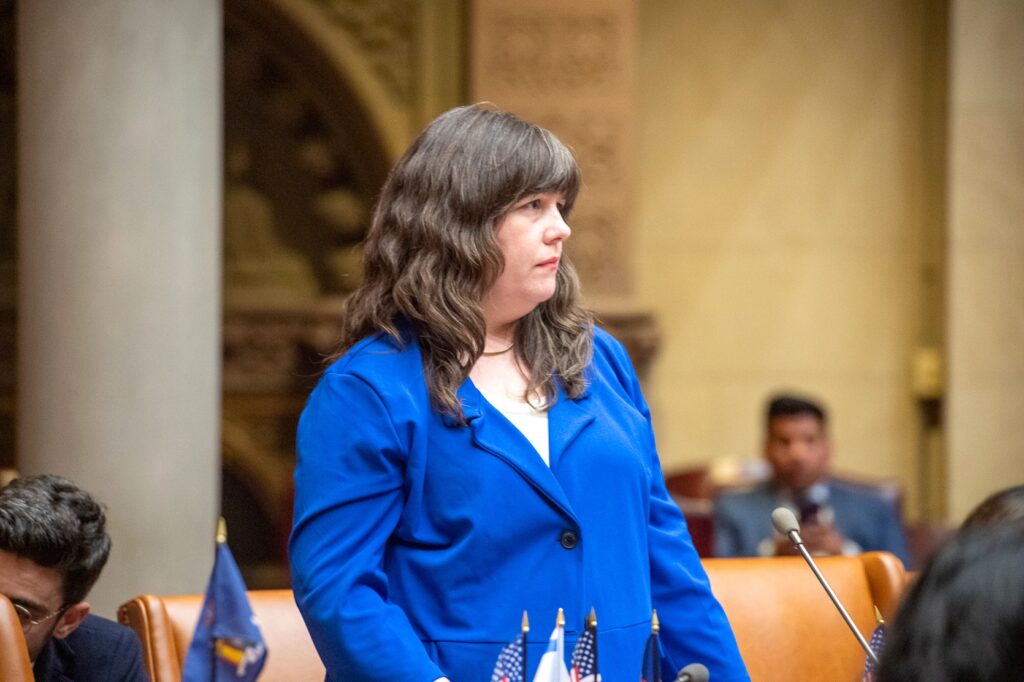
Emily Gallagher is one of the sponsors of the LLC Transparency Act (Credit: NY State Assembly)
By Carmo Moniz | news@queensledger.com
The New York legislature recently passed an act that would require those operating or profiting from limited liability companies, a type of business that shields the owner from personal consequences over debts and other liabilities, to disclose their names, addresses and other information, some of which would be included in a public database.
The new legislation, called the LLC Transparency Act, is meant to target money laundering and other financial crimes by publicly identifying beneficial owners of LLCs. The act was co-authored by Greenpoint Assemblywoman Emily Gallagher and State Senator Brad Hoylman.
“LLCs are used in a variety of ways, and because of their anonymity, they’ve really opened up the door to people not taking responsibility for certain things that their business does, as well as using LLCs as a mask to do illegal activities,” Gallagher said in a recent phone interview. “That’s pretty wide ranging, everything from wage theft, to tenant problems to drug trafficking.”
The act, which Governor Kathy Hochul is expected to sign into law, is similar to the federal Corporate Transparency Act that will go into effect this coming January. Unlike the CTA, however, which requires all corporations to disclose beneficial owner information to a confidential database, the LLC transparency Act would create a database searchable by the public, with the names and business addresses of beneficial owners.
The public database is likely to be beneficial for tenants, many of whom do not currently know their landlords’ identities if the owner of their building is filed under an LLC. Anonymous LLCs can also be used by landlords to evade code inspections, according to Gallagher’s legislative director.
“It’s insane that we bestow that legal privilege upon people anonymously, but that’s been the norm thus far,” the director said. “We have to adjust expectations of what should be expected of corporations doing business in New York, and I think it was a public policy mistake to let corporations do business in New York with only a P.O. box.”
The legislation would make it easier for tenants to take legal action against their landlords in the case of negligence, according to Yana Kucheva, an associate professor of sociology at the City College of New York and an expert in housing policy. Kucheva said that the act would also allow tenants with negligent landlords to find other buildings owned by their landlord and organize with tenants across properties.
“If something bad is happening to you, chances are that your landlord, if they own another building somewhere else, they might be neglecting that building as well,” Kucheva said. “This type of law would shift the balance in who might have the upper hand in a court if you can actually find your landlord more easily.”
Roberto Rodriguez, a tenant in Williamsburg, said he thinks the act will make it easier for tenants to resolve issues with their landlords and that it is a necessity that tenants know who their landlord is.
“It gives tenants that piece of leverage because now you know exactly who to go after in the courts,” Rodriguez said. “Right now there’s nothing we can do in the court system to protect ourselves, and knowing who owns the building is great.”
The act would also help create better housing legislation, according to Gallagher, as it would give lawmakers a better idea of how many buildings people own on average.
LLCs are relatively new in the United States, with the first one having been established in the late 1970s. Gallagher said that these kinds of corporations have been badly abused, and are currently easier to get than a library card.
“This is not something that is baked into the origins of American business,” Gallagher said. “Transparency is a really good thing that we should be seeking and protecting, and it’s terrible that folks who are cheating, either consumers or other businesses, have had such an advantage for so long.”
Under the act, beneficial owners of LLCs would also be required to disclose their date of birth and a unique identification number, such as from a passport or driver’s license, to the government. A beneficial owner is a person who controls or profits from an LLC, with some exceptions listed in the act. The 23 exceptions to the definition, which are the same as those in the CTA definition of a beneficial owner, include minors, banks, credit unions and governmental authorities.
Many countries outside the United States have long had corporate transparency laws like the CTA and LLC Transparency Act in place. In 2014, the European Union established a transparency rule similar to the CTA, and in 2016 the United Kingdom created a public register for beneficial owners of corporations.
Samantha Sheeber, a real estate attorney at Starr Associates LLP, said that she doesn’t see the act discouraging property ownership under LLCs, but that she thinks it is not clear enough what would count as having a significant privacy interest, which would allow a beneficial owner’s information to remain confidential. She also said she thinks the goals of the act could be accomplished without a public database.
“What they were trying to accomplish here, really could have been accomplished by having this same database, the same requirements, but not on a public scale,” Sheeber said. “They could have done all the enforcement, they could have had all the registration requirements done in a capacity that law enforcement or regulatory enforcement could have been enforced, but it wouldn’t be on a public open domain.”
Gallagher’s legislative director said that the legislation is less specific because the details of what counts as a significant privacy interest are being put under the responsibility of the department of state, and that there will be a period for comment before the agency implements regulations.
The director also said that there are many benefits to the database of beneficial owners being public, including that it would allow the public to flag illegal behavior by beneficial owners and help lawmakers make more informed public policy decisions.
“Among the motivations of the bill is the fact that the benefits that beneficial ownership transparency can bring to the public, to government and to civil society and to the business industry, are dependent upon that information being public,” the director said. “This bill creating a public database is the main motivation, the federal government’s already going to be collecting this information, but it does a disservice to the public to have it be private.”
James Vacca, a former New York City Councilmember and a distinguished lecturer at Queens College, said that he had pushed for LLC transparency during his time in office, but that he was unable to pass anything because LLCs are state entities and were therefore outside of his jurisdiction.
“They’ve been used to circumvent transparency and accountability, so anything that sheds light, anything that gives citizens information and gives sunlight to where there was none before, I think is a step in the right direction,” Vacca said. “The transparency that a law like this provides is invaluable.”


